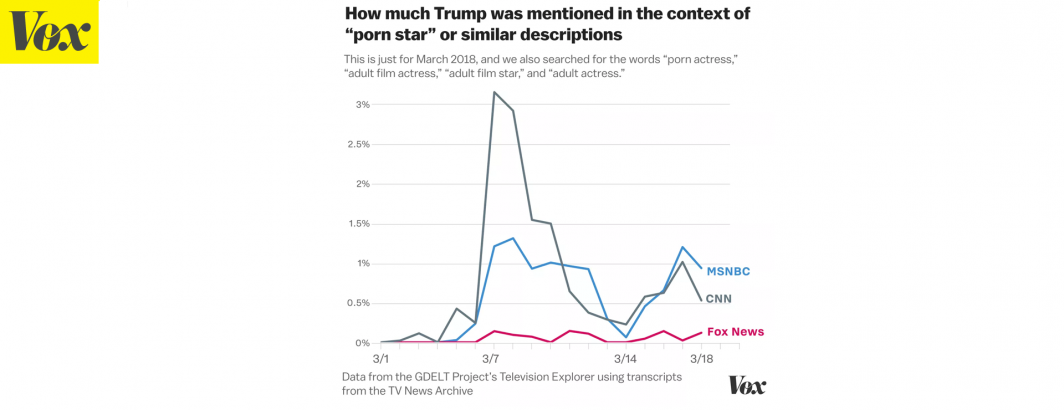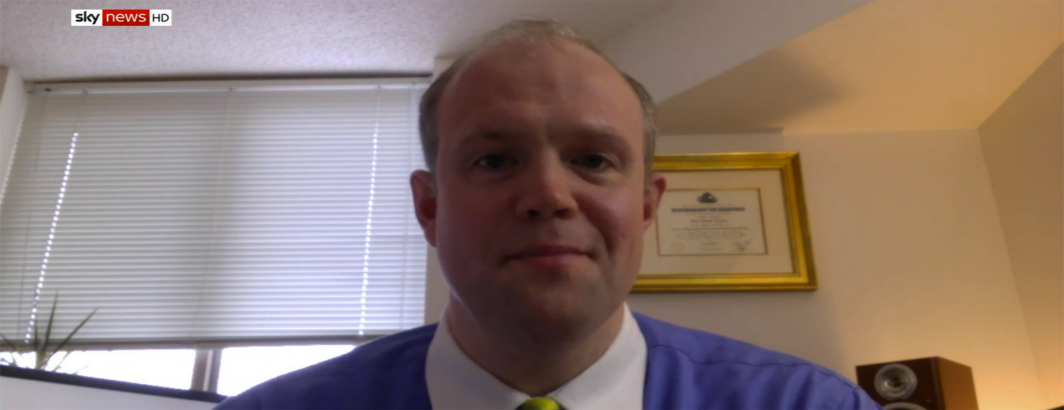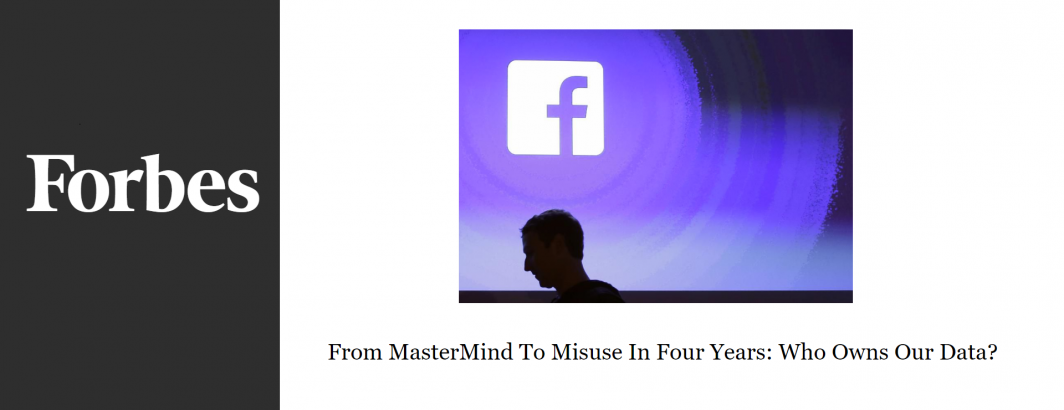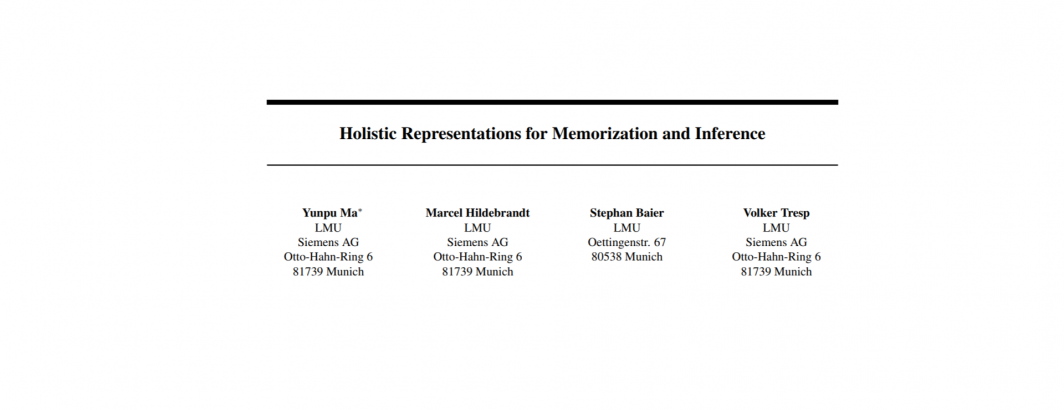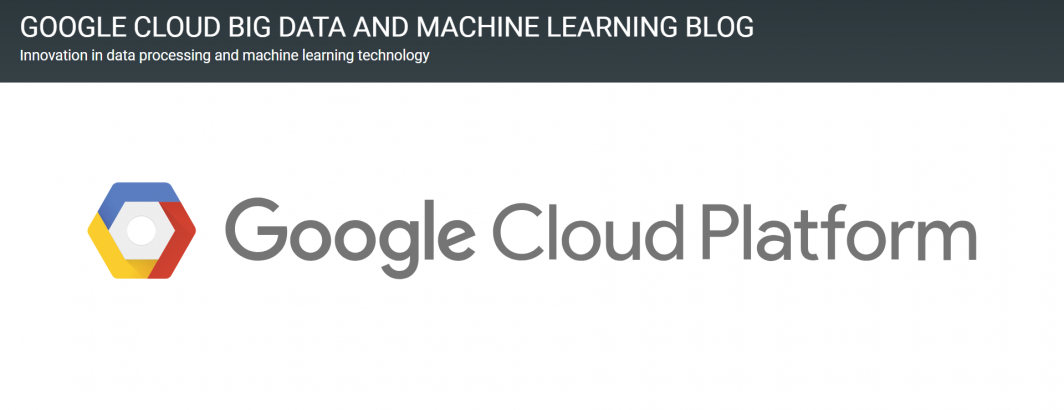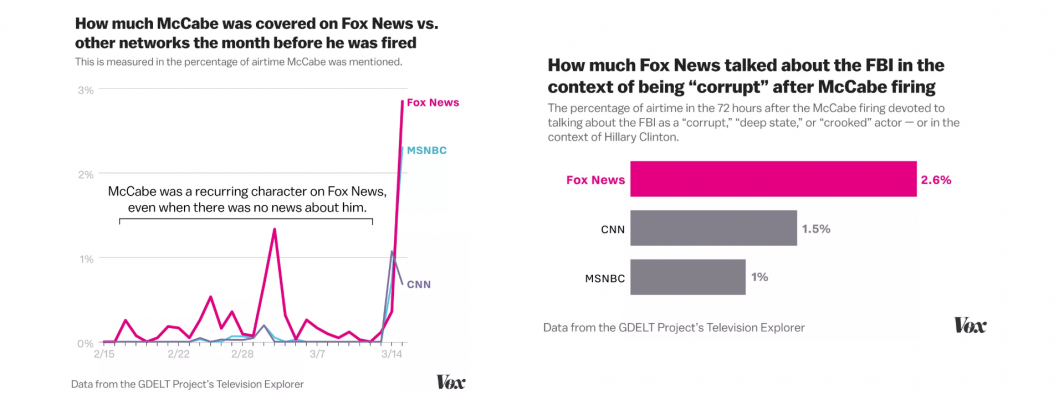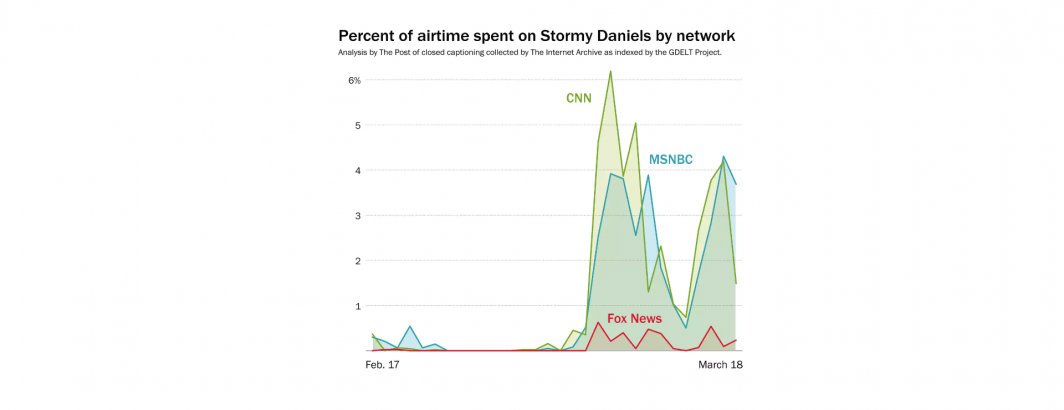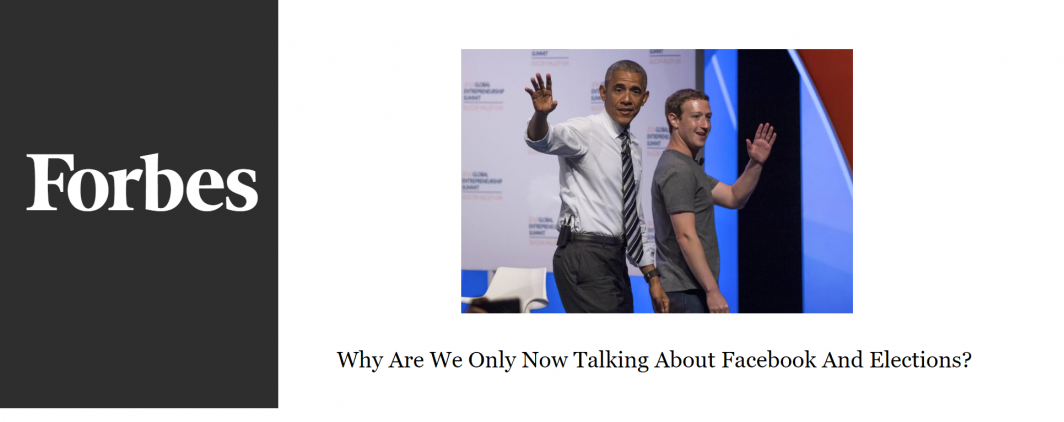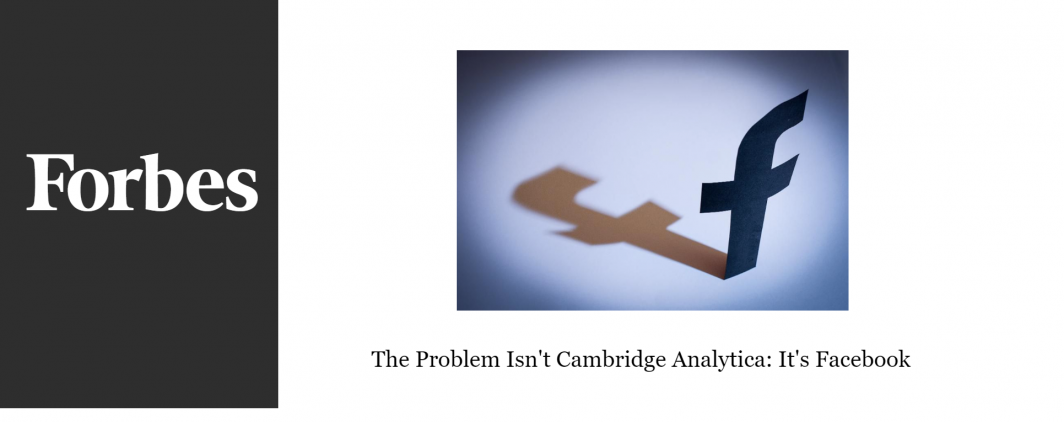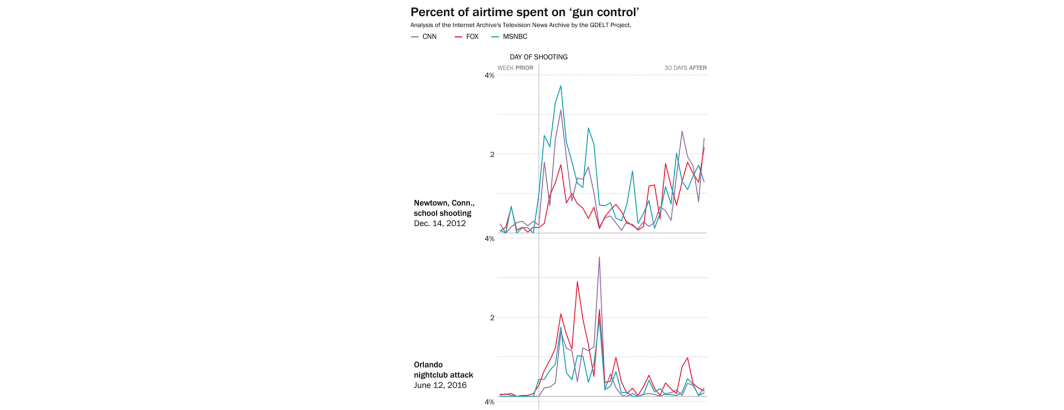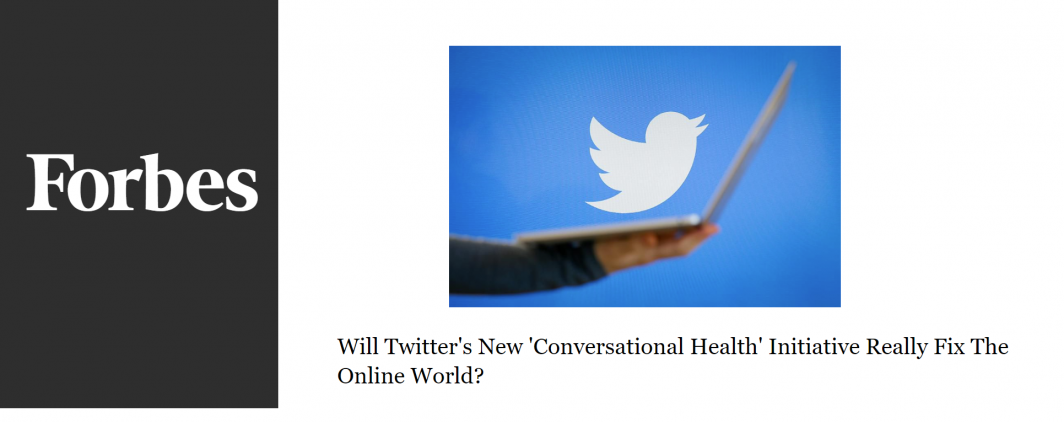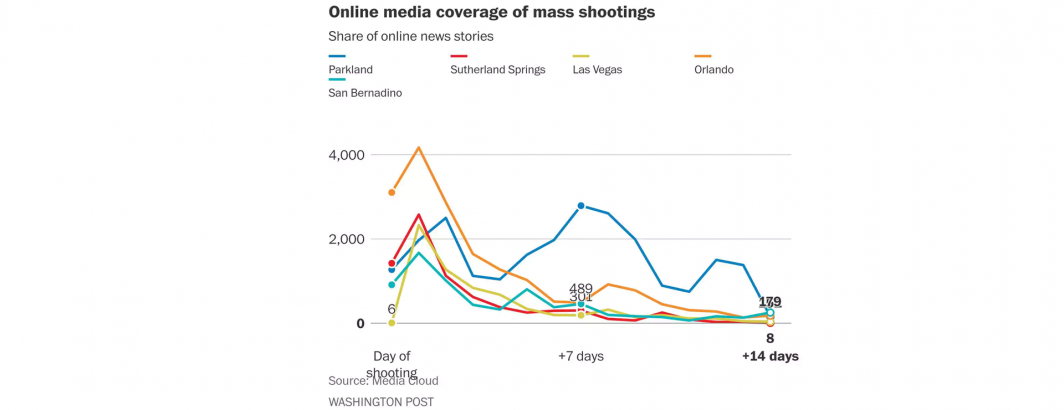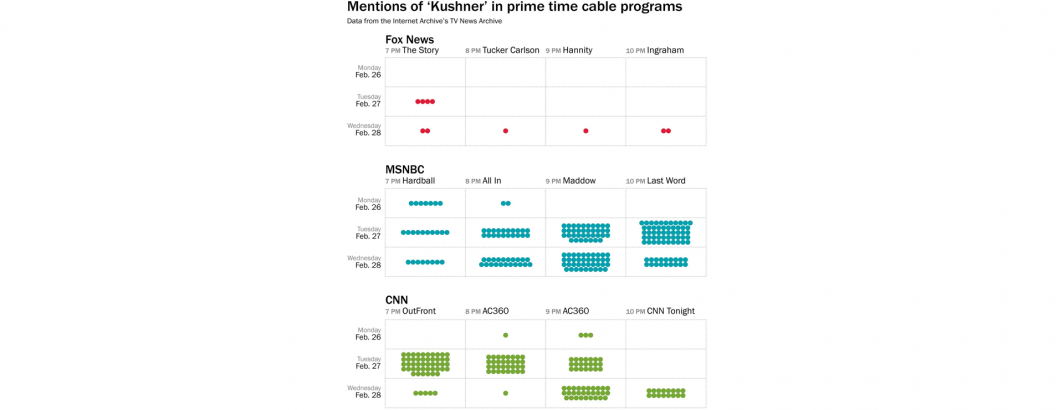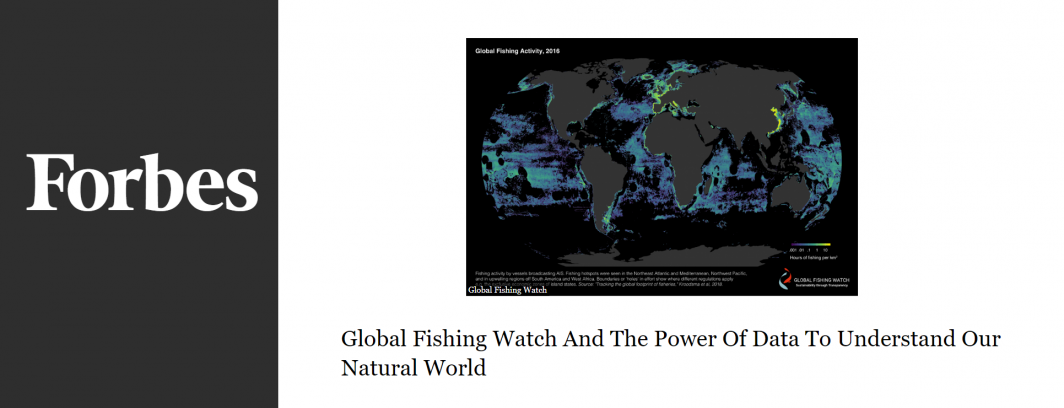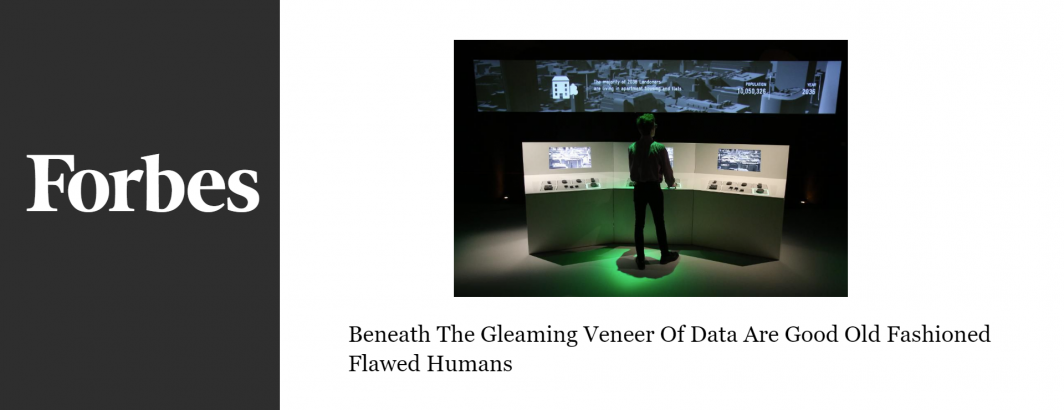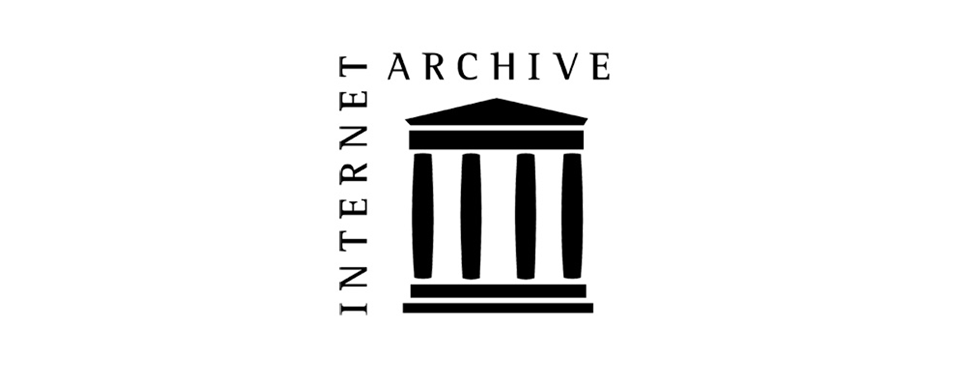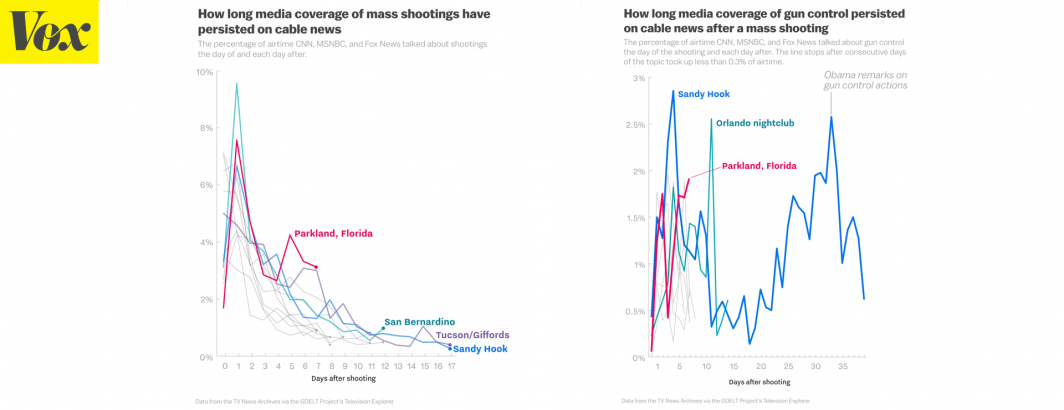Author: Kalev Leetaru
Business For Breakfast Interview On Facebook/Cambridge Analytica Story
Kalev's interview with Jimmy Sengenberger's Business for Breakfast aired today about the Facebook/Cambridge Analytica story. Listen To The Interview.
Voice Of America Interview On Facebook/Cambridge Analytica Story
Kalev's interview with Voice of America's International Edition aired today about the Facebook/Cambridge Analytica story.
Vox: Fox News Really Doesn't Want To Say “Trump” And “Porn Star” On Air
Vox's Alvin Chang explores how the major networks are covering the Stormy Daniels story. Read The Full Article.
Sky News Interview On Facebook/Cambridge Analytica Story
Kalev was interviewed on Sky News this morning about the Facebook/Cambridge Analytica story.
From MasterMind To Misuse In Four Years: Who Owns Our Data?
The Cambridge Analytica story misses just how much Facebook data has already been harvested by companies and academics, the number…
Holistic Representations for Memorization and Inference
Yunpu Ma (LMU/Siemens AG), Marcel Hildebrandt (LMU/Siemens AG), Stephan Baier (LMU) and Volker Tresp (LMU/Siemens AG) presented "Holistic Representations for…
Predicting Community Engagement On Reddit Using TensorFlow, GDELT, And Cloud Dataflow: Part 2
Google's Sergei Sokolenko, Cloud Dataflow Product Manager, wrote this fantastic tutorial showcasing how to predict community engagement on Reddit around…
Predicting Community Engagement On Reddit Using TensorFlow, GDELT, And Cloud Dataflow: Part 1
Google's Sergei Sokolenko, Cloud Dataflow Product Manager, wrote this fantastic tutorial showcasing how to predict community engagement on Reddit around…
How Fox News Made Andrew McCabe A “Deep State” Villain
Vox's Alvin Chang uses the Television Explorer to examine how the networks covered the Andrew McCabe story and especially Fox…
WashPost: Up To Speed On The Stormy Daniels Story?
The Washington Post's Philip Bump uses the Television Explorer to examine how each network has been covering the Stormy Daniels…
CTV Interview On Facebook/Cambridge Analytica Story
Kalev was interviewed twice on CTV this evening about the Facebook/Cambridge Analytica story. See The Video.
Why Are We Only Now Talking About Facebook And Elections?
Four years ago Obama's campaign was lauded as "masterminds" for harvesting Facebook friend lists to build digital profiles for voter…
The Problem Isn't Cambridge Analytica: It's Facebook
Cambridge Analytica stands accused of nothing more than what academics do every day: if society has concerns about how their…
WashPost: School Walkouts Arrive As The Post-Parkland Attention On Guns Seems To Have Faded
The Washington Post's Philip Bump explores how television news coverage of the Parkland shooting and mass shootings in general has…
Special Libraries Association Arabian Gulf Chapter Opening Keynote In Muscat
Kalev gave the opening keynote address at the Special Libraries Association Arabian Gulf Chapter conference in Muscat, Oman today. See…
Will Twitter's New 'Conversational Health' Initiative Really Fix The Online World?
Will Twitter’s new "conversational health" initiative be a powerful tool for fixing Twitter or will we merely have a pretty…
WashPost: The Parkland Shooting Is Different – The News Coverage Proves It
The Washington Post's Rachel Siegel explores television coverage of mass shootings and how the Parkland shooting appears to be different….
Announcing the GDELT Global Frontpage Graph (GFG)
Today we announce the alpha release of a powerful new tool for understanding both global events and the narratives that…
WashPost: How Often The Cable News Networks Have Discussed Jared Kushner In Prime Time This Week
The Washington Post's Philip Bump uses the TV Explorer to example how often Jared Kushner was mentioned in primetime on…
Should Silicon Valley Take A Stand Against Governments To Protect Our Digital Rights?
Silicon Valley has grown up from the idealist visionaries and scrappy startups that saw the Internet as the ultimate expression…
Global Fishing Watch And The Power Of Data To Understand Our Natural World
Global Fishing Watch’s dual stories of creative repurposing of data and the use of AI to make sense of a…
Beneath The Gleaming Veneer Of Data Are Good Old Fashioned Flawed Humans
How a recent hotel stay perfectly captures how gleaming automation is disrupted by the humans that use it: from a…
Internet Archive Blog: TV Explorer 2.0
The Internet Archive's blog today prominently features the new Television Explorer 2.0 and some of the ways it has been…
Vox: Teenagers Are Doing The Impossible: Keeping America's Attention On Guns
Vox's Albert Chang explores how media coverage of gun control has evolved over time. Read The Full Article.


